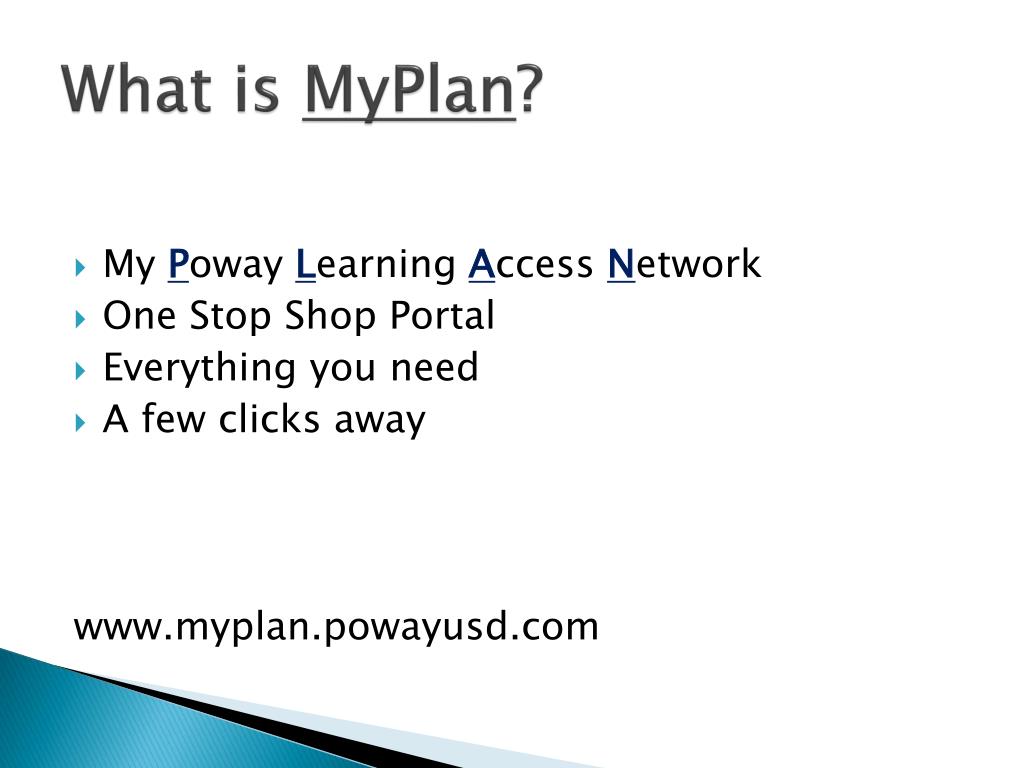The landscape of modern education is fraught with complexity, and parents often face a deluge of information when seeking the optimal environment for their children. Amidst this crucial decision-making process, phrases like "the shocking truth" can emerge, designed to command attention and prompt immediate scrutiny. This article delves into the implications of such emotionally charged language when examining specific educational initiatives, focusing on how a critical evaluation of programs like MyPLAN PowayUSD demands a move beyond sensationalism to a rigorous assessment of facts and outcomes.
Editor's Note: Published on October 26, 2023. This article explores the facts and social context surrounding "is myplan powayusd right for your child the shocking truth".
The Imperative of Parental Due Diligence
Choosing an educational pathway for a child represents one of the most significant decisions a parent undertakes. This choice extends beyond curriculum to encompass school culture, teaching philosophies, student support services, and community integration. In a district as prominent as Poway Unified, various programs and initiatives, including those potentially falling under a descriptor like "MyPLAN," are regularly introduced or adapted to meet evolving educational standards and student needs. Public discourse surrounding these programs is often vibrant, reflecting the deep personal investment parents have in their children's futures.
The emergence of phrases suggesting a "shocking truth" about any educational offering, whether a specific curriculum, a technological integration, or a pedagogical approach, naturally triggers heightened parental concern. Such language implies that fundamental, perhaps concealed, information exists that drastically alters the perceived value or suitability of a program. It shifts the conversation from a balanced evaluation to an urgent quest for expos, demanding that stakeholders look beyond official narratives and public relations statements.
"In the digital age, information, both verified and unverified, travels at unprecedented speeds. For parents, distinguishing between genuine insight and alarmist rhetoric is a constant challenge, particularly when it comes to the intimate and impactful domain of their children's education," noted Dr. Eleanor Vance, an educational policy analyst. "The burden of proof often falls on the concerned parent to navigate this landscape."
Deconstructing the Appeal of Revelation
The term "the shocking truth" functions as a powerful rhetorical device, promising a revelation that recontextualizes understanding. In the realm of education, this might pertain to unforeseen academic outcomes, hidden financial implications, unaddressed social-emotional impacts, or disparities in access and resources. For "MyPLAN PowayUSD," the phrase prompts an inquiry into what specific aspects of the program might elicit such a strong reaction. Is it related to its pedagogical approach, its long-term efficacy, its resource allocation, or perhaps its alignment with community values? The very use of "shocking" implies a divergence from expected norms or a significant gap between public perception and underlying reality.
Investigating such a claim necessitates a systematic approach, moving past the emotional resonance of the words themselves. It requires examining the stated goals of MyPLAN PowayUSD against its implemented practices and measurable outcomes. Questions arise concerning data transparency, the validity of performance metrics, and the consistency of program delivery across different schools or student demographics within the PowayUSD system. Without specific allegations or verifiable data, the "shocking truth" remains an ambiguous, albeit compelling, call to action.

